Coping with the Crisis - The Psychosocial Impact of the Pandemic
 © iStock
© iStock
The Corona crisis has affected societies in Japan and Germany in many ways. In addition to the health consequences, the pandemic also brings with it significant social and psychological effects such as unemployment and growing poverty, depression, loneliness, and conflicts in the home environment.
The event was organized in collaboration with the Japanese-German Center Berlin (JDZB) on June 10, 2021. It combined academic perspectives with those from the field to provide a holistic view on the social and psychological impact of the Covid-19 pandemic in Germany and Japan.
With over 300 registered participants from universities, research institutes, public administration and the interested public, the symposium met with broad interest. The reports and discussions highlighted both the shared experiences across countries, but also country-specific differences in the impact and handling of the pandemic.
Experiences from the field
At the beginning of the symposium, ŌZORA Kōki, founder of the 24h counseling center “A Place for You” in Tōkyō, and Jens GRÄBENER, head of the Berlin Crisis Service in the West Region, reported on the increasing numbers of people seeking help in an interview conducted by Ulf KIRSE from Bielefeld University.
Both the fear of the disease Covid-19 itself and the psychological stress caused by the containment measures played a decisive role. In addition, many organizations had to cut the help they offered, as employees and volunteers were increasingly affected by the pandemic themselves.
Scientific perspective
The interview was followed by a panel discussion moderated by Dr. Nora KOTTMANN from the German Institute for Japanese Studies in Tōkyō, in which Prof. Dr. Klaus BERGER, representative of the NAKO Health Study, Prof. Dr. Klaus LIEB, Leibniz Institute for Resilience Research, Prof. Dr. UEDA Michiko, Waseda University, and Prof. Dr. UCHIDA Yukiko, Kyōto University, presented their research findings and discussed the psychosocial consequences of the pandemic from a scientific perspective.
Focusing on vulnerable groups
In particular, the discussion focused on looking at the consequences of the pandemic on more affected vulnerable groups.
While stress, depression, anxiety, and suicide were more prevalent among young people under 30, women, single parents, and lower income households, the older generation and people with high incomes or education levels were hardly affected. The pandemic thus exposed pre-existing disadvantages in the societies of both countries.
Evidence-based policy needs reliable data
The pandemic has brought into focus an evidence-based, science-driven form of policymaking. However, such decisions also need reliable data, which, according to the experts, is alarmingly lacking. For example, studies on mental illness among children and adolescents in Germany and the rising suicide rates among these age groups in Japan have not been conducted.
Harnessing the energy of the crisis
Participants emphasized that the Covid-19 pandemic would have more than just negative effects on people’s mental health, however. Especially the rise of remote working opportunities reduces mental pressure for many people. The fact that they no longer must travel to work and have fewer social obligations leaves them more time for their own interests and family. In addition, moments of crisis always release energy for change.
With this view of the opportunities presented by the crisis, the symposium ended on a cautiously optimistic note. Should the momentum created be used for change, we could overcome this and future crises.
Video recordings from the symposium
You can watch the recordings of three of the impulse presentations from the panel discussion below.
All videos are subtitled in German and Japanese. To display the subtitles, you must first activate the subtitle function by clicking on the “CC” (subtitle) icon. Then you can set the language of the subtitles via the menu “Settings” (cogwheel icon) > “Subtitles”. The German and Japanese subtitles were professionally created. Additional subtitles in other languages can be selected via the function “Translate automatically”.
Video recording of the presentation by Prof. Dr. UEDA Michiko
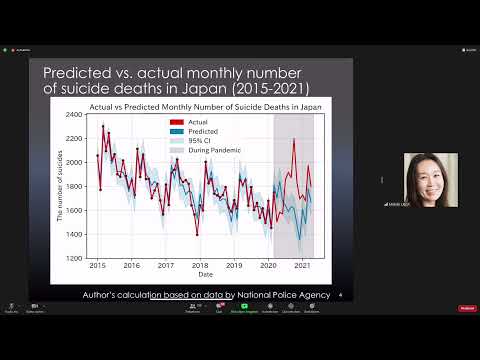
To play the video, click the thumbnail. Once activated data will be transmitted to the respective provider. Watch on YouTube
You can download the presentation here.
Video recording of the presentation by Prof. Dr. Klaus LIEB
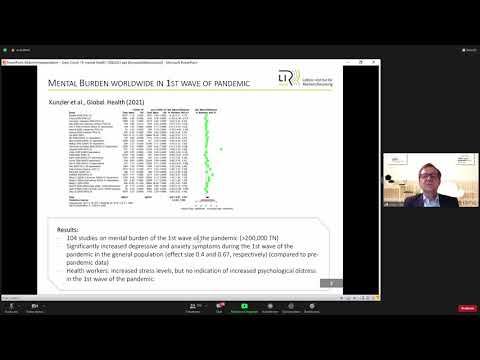
To play the video, click the thumbnail. Once activated data will be transmitted to the respective provider. Watch on YouTube
You can download the presentation here.
Video recording of the presentation by Prof. Dr. UCHIDA Yukiko
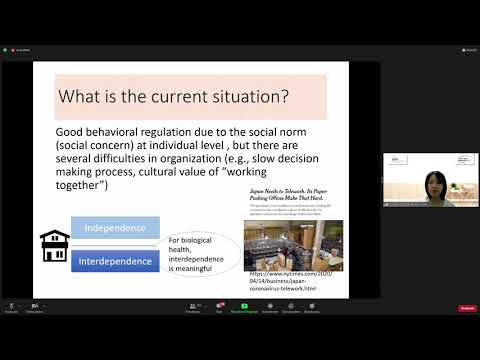
To play the video, click the thumbnail. Once activated data will be transmitted to the respective provider. Watch on YouTube
You can download the presentation here.
Impulse presentation by Prof. Dr. Klaus BERGER
Unfortunately, for copyright reasons, no video recording or slides of Prof. Dr. Klaus Berger’s presentation are available.
Event information
Date: Thursday, June 10, 2021
Time: 18:00-20:00 (JST) / 11:00-13:00 (CEST)
Language: German / Japanese (with simultaneous interpretation)
Read more about the topic in the DWIH Series: Toru Kumagai’s reports on R&D trends in Germany “German government and medical world fight the psychological impact of the new coronary pandemic”
[Greeting]
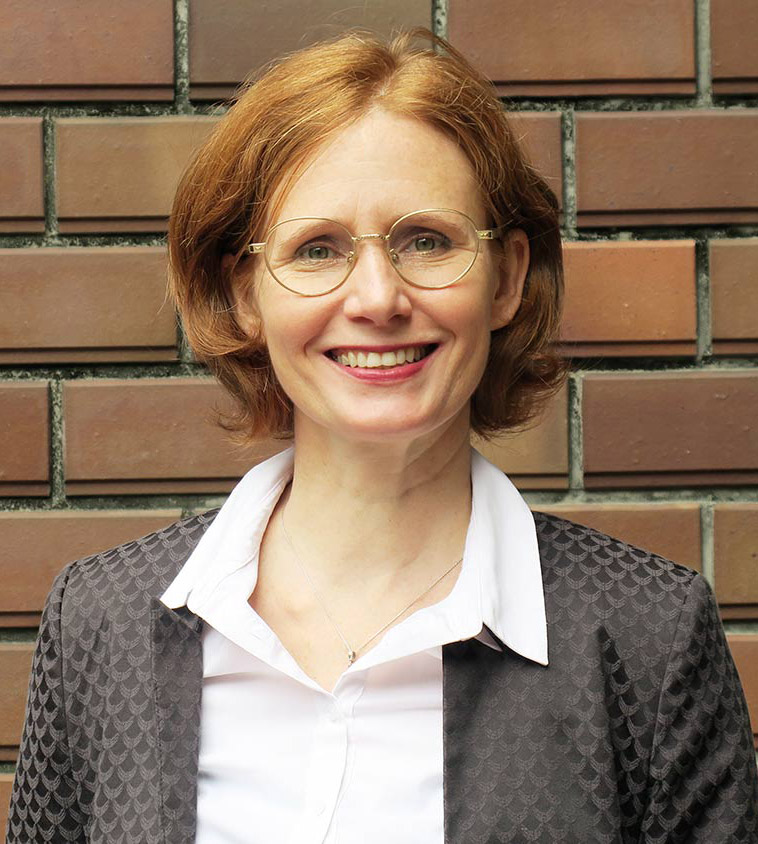 Dorothea MAHNKE, DWIH Tokyo
Dorothea MAHNKE, DWIH Tokyo
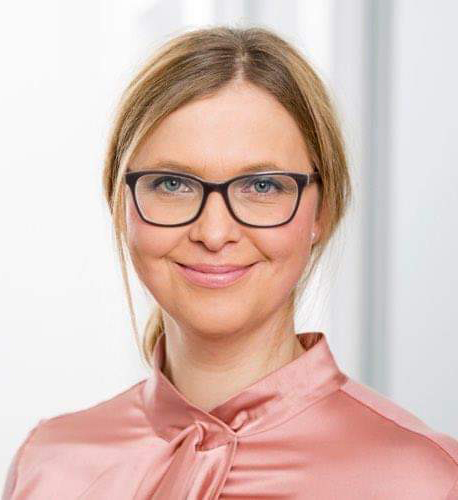 Dr. Julia MÜNCH , JDZB
Dr. Julia MÜNCH , JDZB
[Perspectives from the practice]
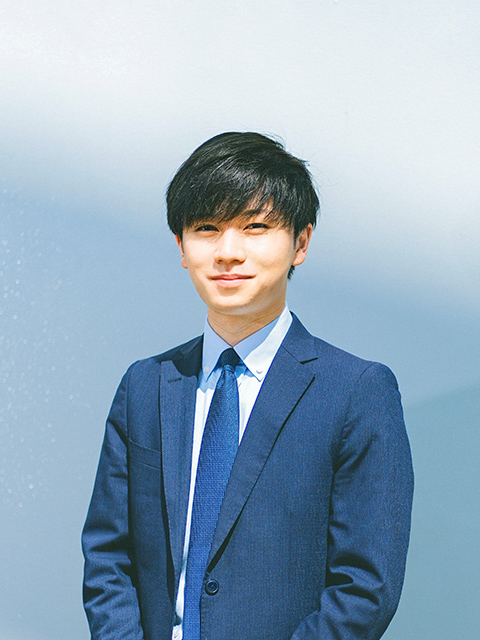 ŌZORA Kōki, NPO “A Place for You”
ŌZORA Kōki, NPO “A Place for You”
 Jens GRÄBENER, Berliner Krisendienst
Jens GRÄBENER, Berliner Krisendienst
Jens Gräbener, born 09.03.1968, graduated with a diploma in psychology. A Systemic therapist (DGSF), psychological psychotherapist (behavioral therapy), and member of the German Society for Suicide Prevention (DGS), he serves as head of Berlin Crisis Service Region West. In addition, he is teaching supervisor for systemic therapy and behavioral therapy.
Moderation:
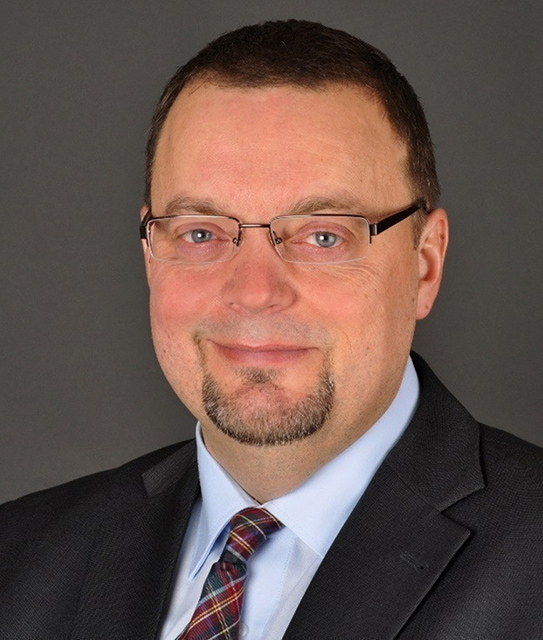 Ulf KIRSE, Universität Bielefeld
Ulf KIRSE, Universität Bielefeld
[Panel discussion: Effects, developments, approaches to solutions]
Prof. Dr. Klaus BERGER, NAKO Expert Group “Neurological and Psychiatric Diseases” / Institute of Epidemiology and Social Medicine, University of Münster
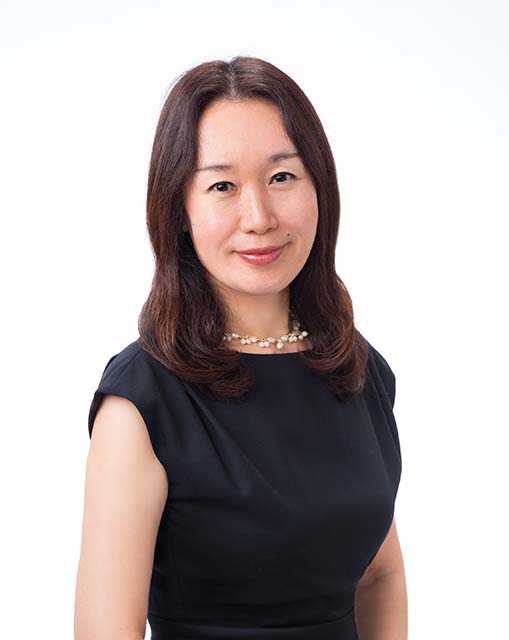 Prof. Dr. UEDA Michiko, Waseda University
Prof. Dr. UEDA Michiko, Waseda University
Michiko Ueda is Associate Professor in the Faculty of Political Science and Economics at Waseda University, in Tokyo, Japan. Prior to joining Waseda University, she has taught at Syracuse University and California Institute of Technology. Her research interests include suicide prevention, and public health, and public policy. Her latest publications include “Suicide and mental health during the COVID-19 pandemic in Japan” (Journal of Public Health, 2021), “Mental health status of the general population in Japan during the COVID-19 pandemic.” (Psychiatry and Clinical Neurosciences, 2020), and “Tweeting celebrity suicides: Users’ reaction to prominent suicide deaths on Twitter and subsequent increases in actual suicides” (Social Science and Medicine, 2017). She received her Ph.D. from Massachusetts Institute of Technology (MIT).
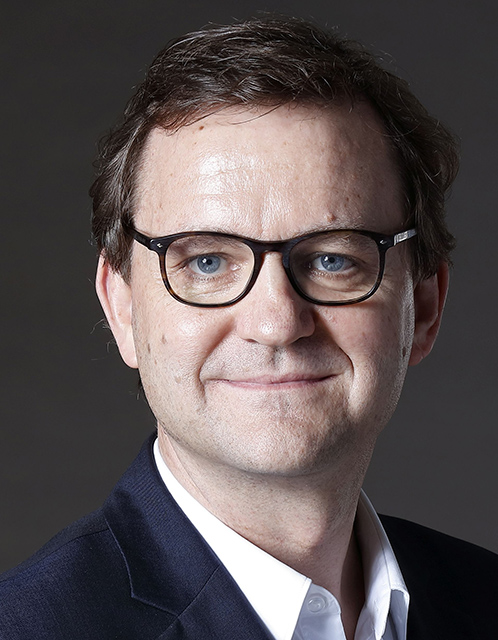 Prof. Dr. Klaus LIEB, Universitätsmedizin Mainz / Leibniz Institute for Resilience Research
Prof. Dr. Klaus LIEB, Universitätsmedizin Mainz / Leibniz Institute for Resilience Research
e-mail: Contact enquiries are possible via Ms. Marina Diehl, JDZB
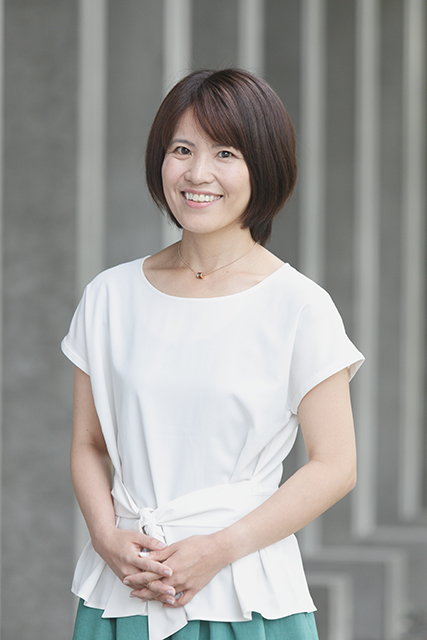 Prof. Dr. UCHIDA Yukiko, Kyoto University
Prof. Dr. UCHIDA Yukiko, Kyoto University
Dr. Uchida is currently a professor of social and cultural psychology at the Kokoro Research Center, Kyoto University.
Moderation:

Dr. Nora KOTTMANN, DIJ Tokyo
Profil / Twitter / ORCID / e-mail
